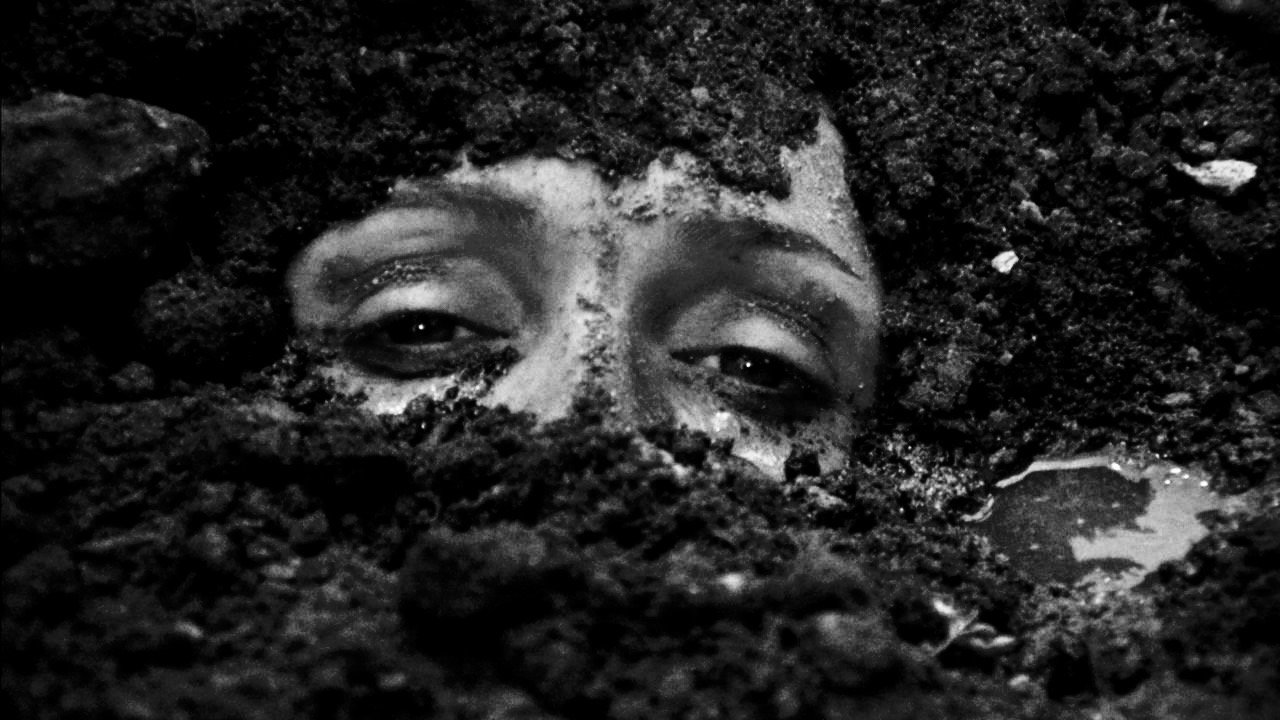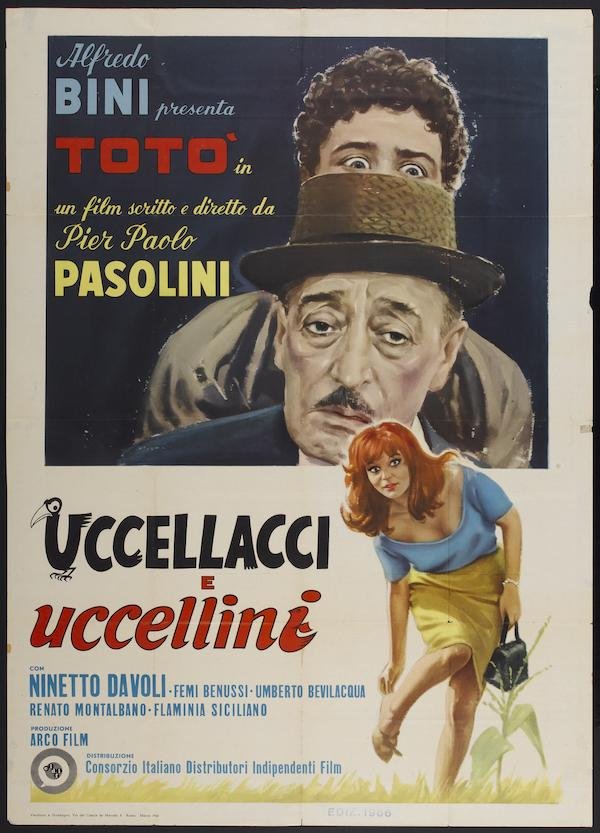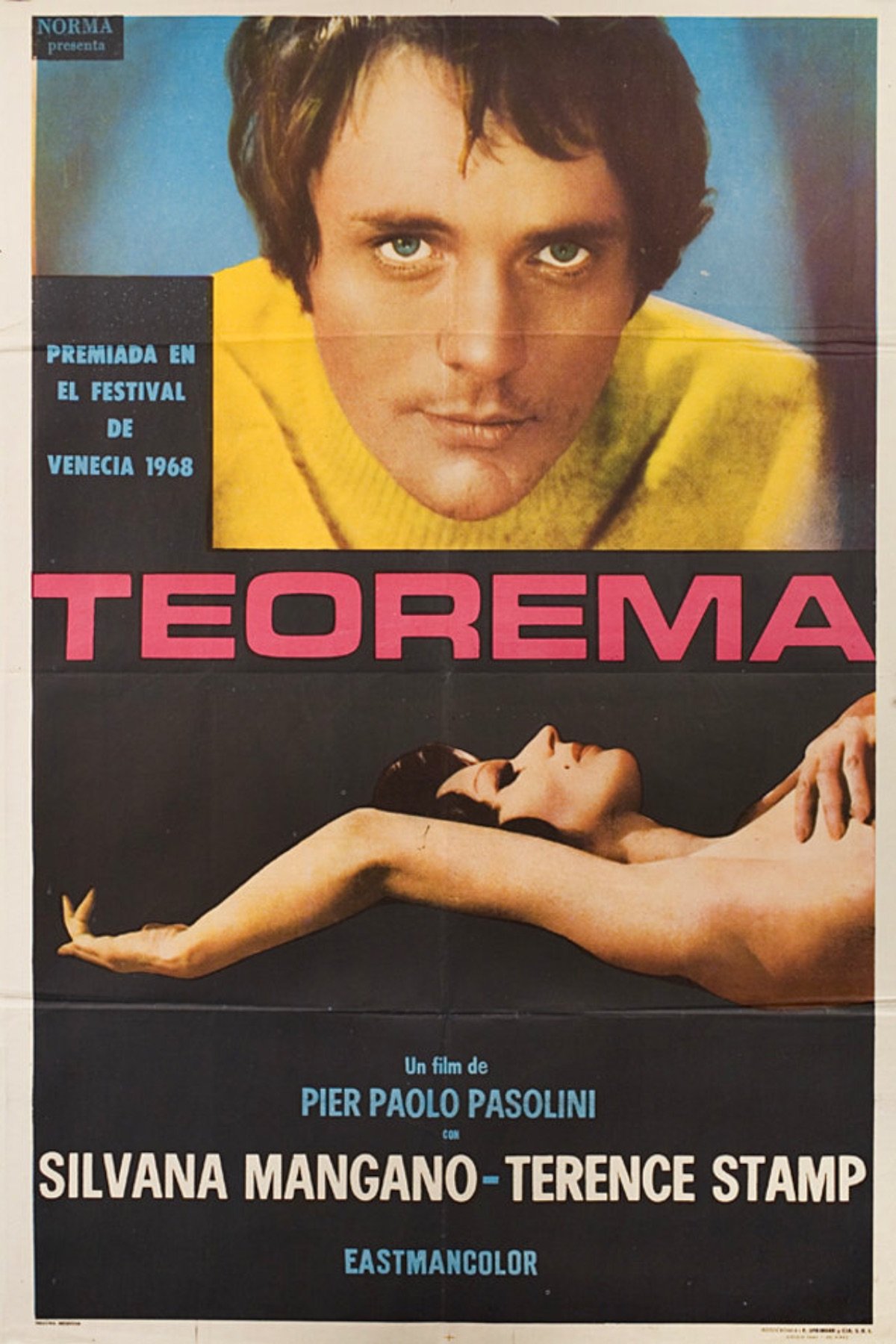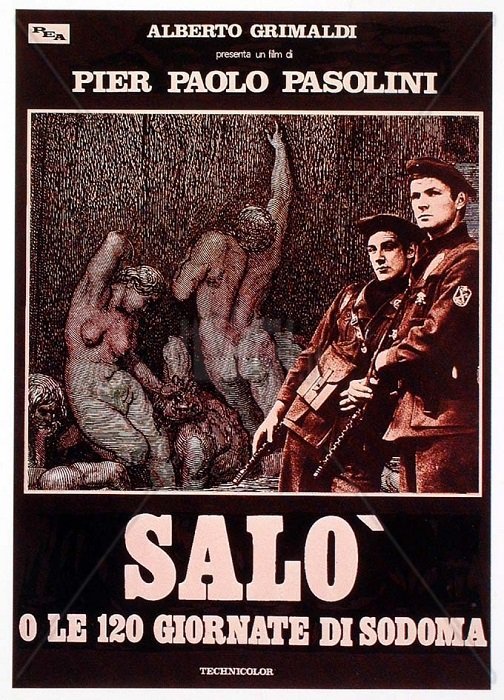Pier Paolo Pasolini
A Chronological Retrospective
***See below for schedule***
Join us at the CEP for The Canterbury Tales on Tuesday, April 11 at 7:00pm
And a thousand times this act has to be repeated, because not to means to feel death like a frenzied pain
unequaled in the living world…
- Pasolini, “Reality”
Poet, painter, militant, translator, novelist, playwright, critic, theorist and filmmaker—Pier Paolo Pasolini’s wide-ranging output needs little introduction. Although mainly recognized today for films that explore the dark exuberance of sexuality and the sacred, Pasolini’s open homosexuality, communist militancy and literary activities had already established him as a force on the Italian cultural and political scene long before his first feature film in 1961. Continuing to publish poetry and novels throughout his career, his cinematic oeuvre represents an enduring exploration of the relation between poetic form and the cinematic image.
Attesting to his success is an idiosyncratic film grammar that dialectically binds a libidinal drive to radical politics without synthesis or utopianism. One finds, especially in his later work, a logic of dreams and desire that gives shape to trenchant critiques of late-capitalist society and values that leave the viewer with more questions than answers—often unbinding them from their attachments to identities, fantasies and forms of life in the same irresistible movement that scatters the figures who populate the screen. Pasolini’s uncompromising visionary impulse redefined cinematic language through bold formal experimentation and unflinching heterodoxy that remains controversial in queer theory, film studies, literary theory, and political philosophy today.
Given that his 100th birthday passed last fall, we thought it was the perfect moment to revisit his oeuvre systematically. Throughout this semester, we will be screening one of his films every Tuesday at 7:00pm. The plan is to go through his feature films chronologically beginning with his first neorealist feature Accattone and finishing with the spectacular violence and disorienting perversity of Salo, or the 120 Days of Sodom—for which a strong content warning will be announced prior to viewing.
Join us for them all or a few at the Centre for Expanded Poetics.
Schedule:
Accattone (1961)
January 31, 7:00pm
Mamma Roma (1962)
February 7, 7:00pm
The Gospel According to St. Matthew (1964)
February 14, 7:00pm
The Hawks and the Sparrows (1966)
February 21, 7:00pm
Oedipus Rex (1967)
March 7, 7:00pm
Theorem (1968)
March 14, 7:00pm
Medea (1969)
March 21, 7:00pm
Pigsty (1969)
March 28, 7:00pm
The Decameron (1971)
April 4, 7:00pm
The Canterbury Tales (1972)
April 11, 7:00pm
Arabian Nights (1974)
April 18, 7:00pm
Salo, or 120 Days of Sodom (1975)
April 25, 7:00pm
